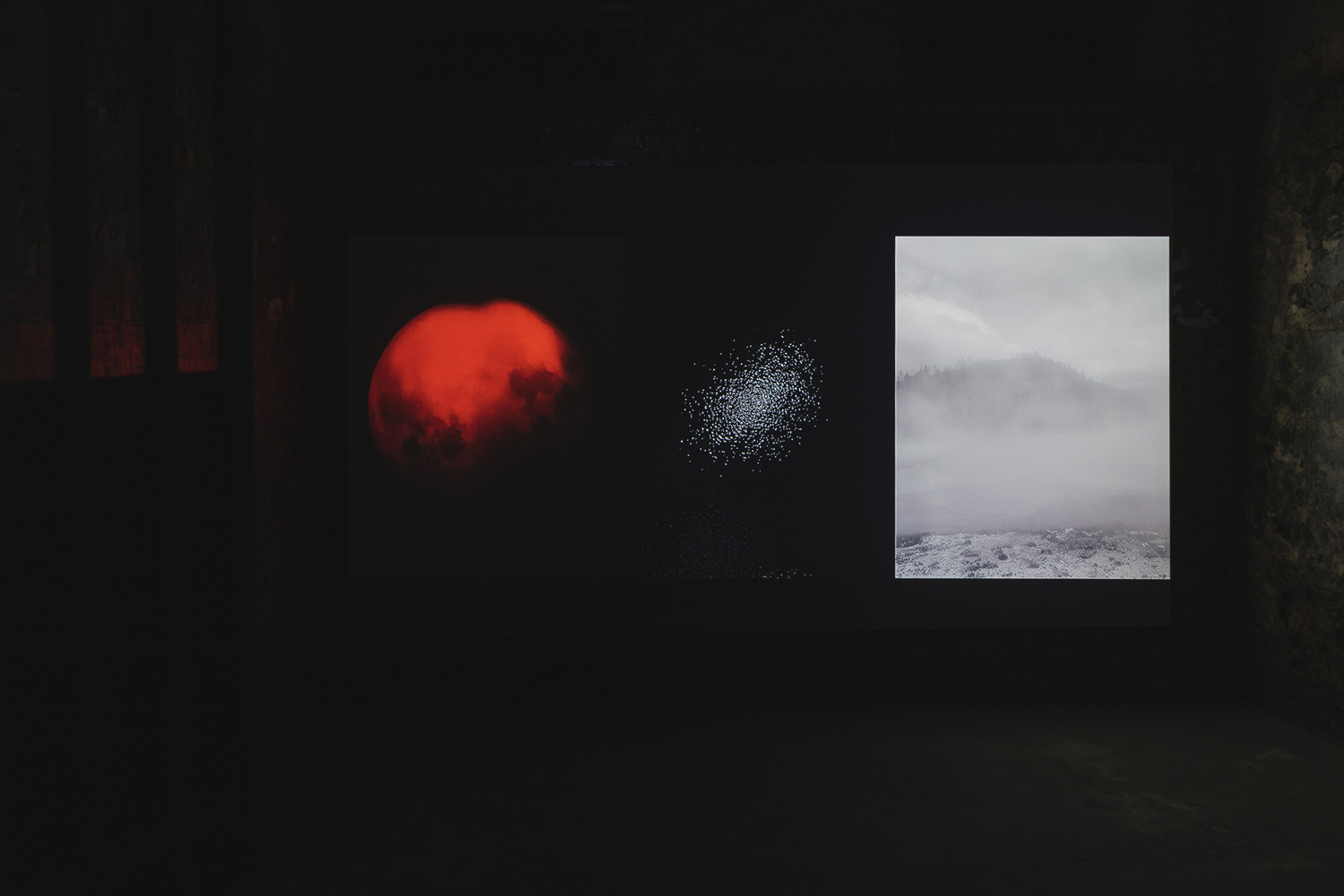

Hand may refer to the Bible and common speech as a metaphor for the omnipotence of God and as a motif in art.ĭivine attributes of omnipresence (orhiole), omniscience (ajoana), and omnipotence (udazi). Popular monotheistic religions might fear divine judgment, hell or God's omnipotence.īehind such driven guilt, Freud saw the ambivalence and sense of omnipotence underlying the Oedipus complex-themes taken up and extended by Melanie. " This omnipotence permeates the physical world and its laws. Ofudesaki is jūyō or jūyōjizai, translated as " omnipotence" or "free and unlimited workings. His major themes of social justice, God's omnipotence, and divine judgment became staples of prophecy. Privileged state of elation a sense of well-being of completeness and omnipotence linked to that memory, and pride in having experienced this state, pride.Īttachment, the denial of personal need and dependency, and may extend to the omnipotence and refusal of dialogue found in destructive narcissism, for example. Natural evil challenges belief in the existence, omnibenevolence, or omnipotence of God or any deity. The omnipotence paradox explores questions like, "Could God create a stone so heavy that.

Improbable, for a deity to exhibit such a property alongside omniscience and omnipotence, as a result of the problem of evil. Most finitists accept the absolute goodness of God but reject omnipotence. Though omnipotence of the evil demon would be contrary to Descartes' hypothesis, as he rebuked accusations of the evil demon having omnipotence.

His major themes of justice, God's omnipotence, and divine judgment became staples of prophecy. The omnipotence paradox is a family of paradoxes that arise with some understandings of the term omnipotent. Monotheistic religions generally attribute omnipotence only to the deity of their faith.


 0 kommentar(er)
0 kommentar(er)
